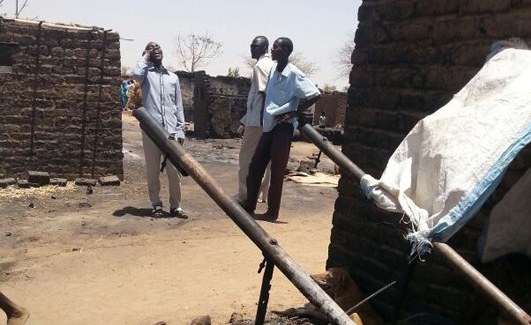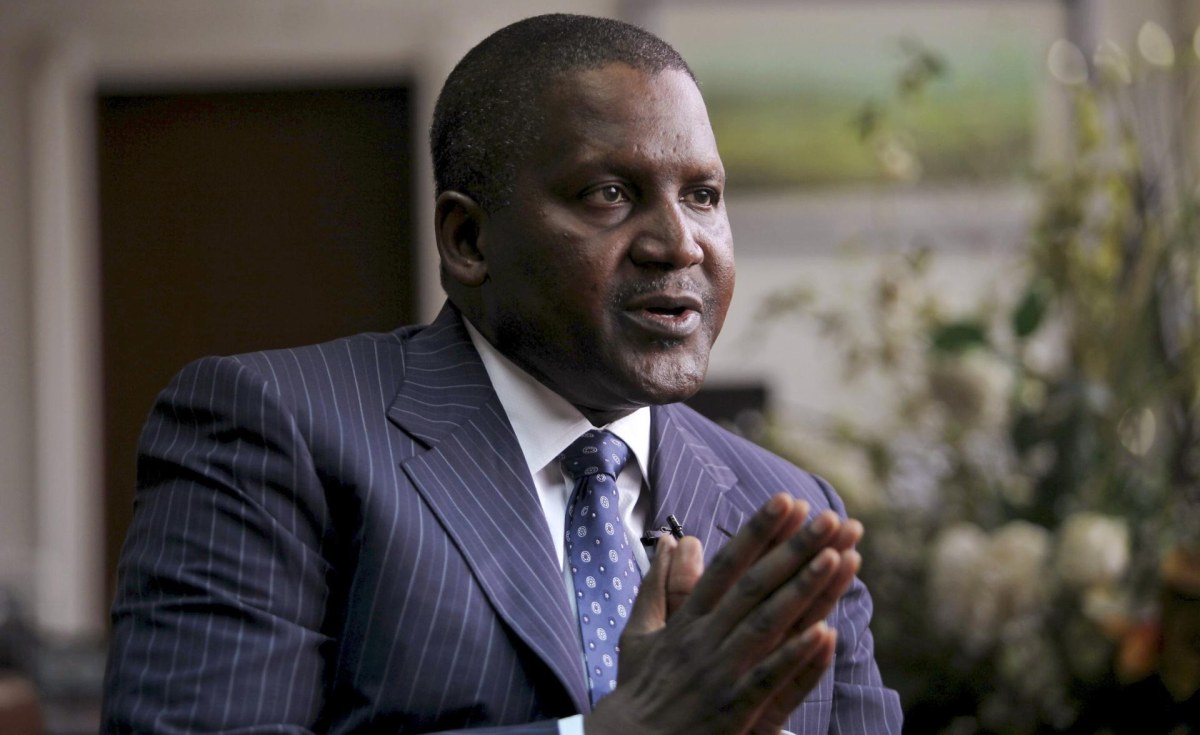Somalia’s parliament has been officially in recess since July 24th, but the prospect of a 30-day vacation is not bringing much relief to lawmakers who are increasingly in al-Shabaab’s crosshairs, with three lawmakers killed in less than a month.
The latest victim, lawmaker Sheikh Adan Madeer, was gunned down in Mogadishu August 1st as he returned home from a mosque near his house.
In similar ambush attacks carried out by gunmen, al-Shabaab killed lawmakers Saado Ali Warsame on July 23rd and Mohamed Mohamud Heyd on July 3rd.
In April, in two attacks 24-hours apart, al-Shabaab killed lawmakers Abdiaziz Isaak Mursal and Isaq Mohamed Rinow.
“It is clear why we are targeting these parliamentarians who call themselves lawmakers,” said al-Shabaab spokesman Abdiaziz Abu Musab in a statement released on pro-al-Shabaab websites after Madeer’s murder.
“They are men who replaced God’s law with laws made by infidels and we will continue to kill these individuals who have welcomed the enemy in the country,” he said.
Government response to al-Shabaab inadequate
Lawmaker Mohamed Omar Dalha blamed the government for failing to make the safety of lawmakers a national priority and allowing al-Shabaab to succeed.
“I put all of the blame on senior officials of the government who did not take full charge of providing protection for the members of parliament, and it is a great disservice to the public,” Dalha told Sabahi.
“Security is not about a large number of bodyguards and money,” he said, referring to a move by the administration following the attacks in April to increase lawmakers’ salaries from $3,000 to $3,200 a month so that they could pay for their own security.
Rather than throwing money at the problem, he said, the government must address the country’s general insecurity with a comprehensive plan.
“If the senior officials of the government are not able to do that, they have to ask for advice from those with expertise in that area and consult with them,” he said.
“When one of your friends was murdered the day before yesterday, another was killed yesterday and one was killed today, it makes you think tomorrow you will be next,” Dalha said.
Lawmaker Aweys Abdullahi also said the deteriorating security was worrisome for many lawmakers and affecting their ability to carry out their duties.
“Every lawmaker is in fear and is taking precautions,” he told Sabahi, adding that he almost never leaves his house now. “There are spies working for al-Shabaab everywhere. No one can leave the house except on rare occasions. We are in a state of war.”
Abdullahi said that while in session, the parliament’s schedule was routinely disrupted due to attacks or security threats forcing debates on bills to be postponed.
“Meeting sessions were limited because every lawmaker was on high security alert,” he said. “How much work could have been done but was delayed? There was a lot.”
Retired Colonel Mohamed Osman, who served in the Somali National Security Service, the intelligence agency during the Mohamed Siad Barre regime, said the country requires a complete overhaul of the security apparatus.
“When I say reform, I am not talking about a minister replaced with another minister, or a commander replaced with another commander,” he told Sabahi.
First, he said, government jobs should not be given based on clan affiliation but based on merit. “What is to stop someone who was refused a job unfairly or could not get money for an education from joining al-Shabaab,” he said.
“Second, all soldiers, whether they are working for the police, intelligence agency or security forces, have to be paid their salaries on time and be given a liveable wage,” he said.
“The person who is blowing himself up, the one killing people and the one fighting, they are people who were taken advantage of and brainwashed because of their circumstances and because they were enticed with money,” he said. “Therefore, the reforms should start here, not with replacing a commander.”
Lawmakers resolute against al-Shabaab despite fears
Dalha and Abdullahi both told Sabahi that al-Shabaab is targeting lawmakers because they are members of a body that represents the bedrock of government and the bridge between regular citizens and the administration.
“Since parliament is the foundation of government, they want to destroy it and with it the other branches of government so as to ensure the country remains a failed state,” Dalha said. “However, we will not allow that.”
Lawmakers have been a target ever since the Transitional Federal Government was established, he said, adding that fear has never deterred individuals who wanted to serve for the good of the people.
“If a lawmaker is killed, there will be another person ready to serve the public and replace him. No matter the fear, we will continue to carry on our work,” Dalha said.
Similarly, Abdullahi said, “There is fear, but being Muslims and nationalists forces us to continue working.”
“Lawmakers are responsible for communicating the public’s needs to the administration, and without them, the connection between the government and people would be missing,” he said. “Work might go slow but we will continue on.”
South Africa Today Africa – East Africa Somalia News







